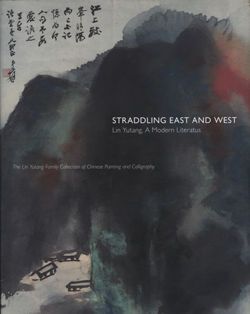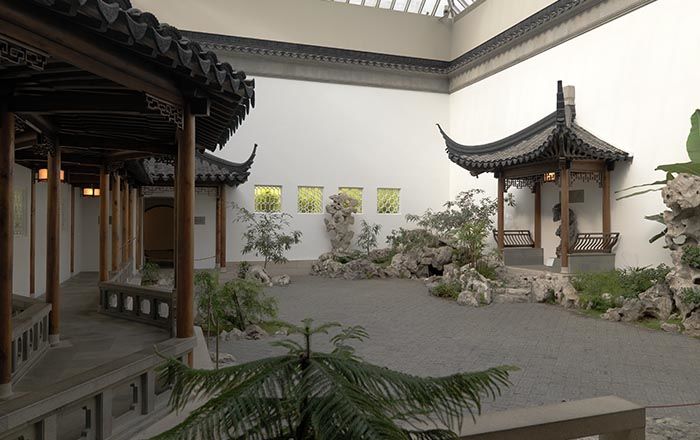Four Poems in Cursive Script
Calligrapher Yu Youren Chinese
Not on view
Dedicated to Lin Yutang and his wife, Yu Youren here transcribes four of his own poems that allude to heroic moments in his life—his youthful aspirations, his near escape from being executed by the Manchu government, and his avid participation in the revolution that founded the Republic of China and the military campaigns for national unification. The tone of the poems also convey Yu's longing to return to China after retreating to Taiwan with the Nationalist government in 1949. The four poems read:
I don't believe that youth cannot be retrieved.
I will not allow our past glory to turn to ashes.
Recalling the banquet in Shanghai celebrating our victory,
I toast the ten thousand miles of streams and mountains with a cup of wine.
Since the founding of the Republic, how the times have changed!
Through those difficult years we campaigned long and hard.
The founding fathers have passed away;
I am an old soldier still stroking his beard.
—Two poems on a photograph taken in the first
year of the Republic [1912]
Splendid streams and mountains remain the same across ten thousand miles.
Let this bearded old man search everywhere for poetry.
Sitting square on a rock on the beach at this moment,
I watch the clouds rising from the vast ocean.
—Casually sitting on the beach at Jilong [in northern Taiwan]
Unable to fulfill my wish to cultivate and pasture the land,
I ran for my life across the river to make history.
This year [my birthday] happens to be on Labor Day.
The orphan who used to make fireworks has become an old man.
—A poem composed on my birthday in the thirtyfourth year of the Republic [1945]
(trans. by Shi-yee Liu)
Due to rights restrictions, this image cannot be enlarged, viewed at full screen, or downloaded.
This artwork is meant to be viewed from right to left. Scroll left to view more.


